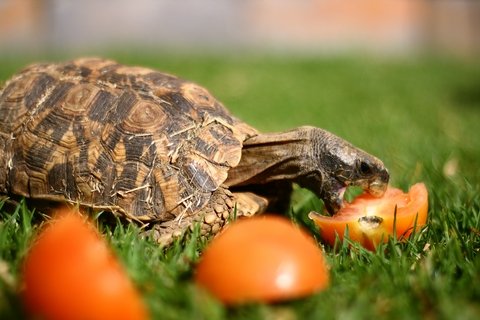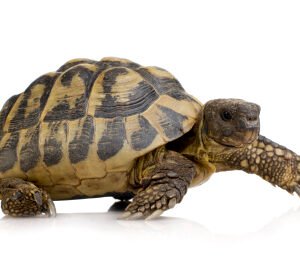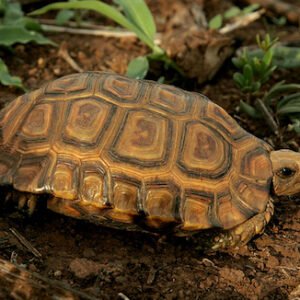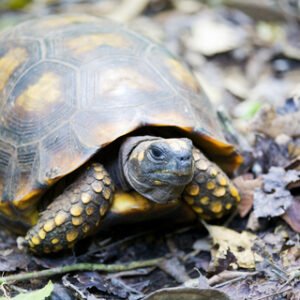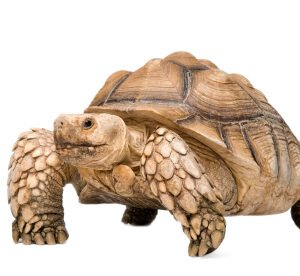Care Requirements for Home’s Hingeback Tortoises
The Home’s Hingeback Tortoise, known for its distinctive shell structure, is a species that requires specific care to thrive in captivity. Ensuring that these tortoises live in a suitable habitat is paramount for their health and well-being. A well-designed enclosure should mimic their natural environment, combining both terrestrial and semi-aquatic elements to provide optimal living conditions.
Diet plays a crucial role in maintaining the health of the Home’s Hingeback Tortoise. These tortoises are primarily herbivorous and thrive on a diet rich in leafy greens, vegetables, and occasional fruits. Providing a variety of foods such as dandelion greens, kale, collard greens, and squash can help ensure a balanced diet. While commercial tortoise pellets can supplement their diet, whole foods should be the primary source of nutrition to prevent dietary deficiencies.
The habitat for a Home’s Hingeback Tortoise should emphasize appropriate temperature and humidity levels. Ideally, the basking area should be maintained at temperatures between 85°F to 90°F, while the cooler end should not drop below 70°F. To replicate their humid natural climate, the humidity level within the enclosure should be kept around 60 to 80 percent. Spraying water several times a week and providing a shallow water dish can help maintain adequate humidity.
Monitoring the tortoise’s health is vital. Common health issues in Home’s Hingeback Tortoises include respiratory infections, shell rot, and metabolic bone disease, often stemming from poor diet or inadequate environmental conditions. Regular veterinary check-ups are essential to catch potential health problems early. Providing UVB lighting in the enclosure will also help support proper calcium metabolism and prevent bone disorders.
With appropriate care and environmental management, Home’s Hingeback Tortoises can live long, healthy lives in captivity. Each aspect of their care, from diet to habitat conditions and health monitoring, contributes directly to their overall well-being and longevity.
Conservation Status and Importance of the Home’s Hingeback Tortoise
The Home’s Hingeback Tortoise (Kinixys homeana), native to the tropical regions of Africa, faces a precarious conservation status, primarily categorized as Vulnerable by the International Union for Conservation of Nature (IUCN). This designation highlights the significant threats it encounters in its natural habitat. Among the most pressing dangers are habitat loss due to deforestation, agricultural expansion, and urbanization, which diminish the regions these tortoises inhabit. Additionally, poaching and illegal wildlife trade further exacerbate their vulnerability, as they are sought after as exotic pets and for traditional medicine.
Conservation initiatives targeting the Home’s Hingeback Tortoise are vital to counter these threats. Efforts often focus on habitat protection, fostering awareness about the ecological importance of these tortoises, and implementing legal regulations against poaching. Conservation organizations work not only to protect existing habitats but also to educate local communities about sustainable practices, which ensure both the welfare of the tortoises and the livelihood of the human populations that rely on these resources.
Individuals can play a crucial role in the conservation of the Home’s Hingeback Tortoise through various means. Supporting reputable wildlife conservation organizations financially or through volunteer efforts can significantly impact ongoing programs dedicated to preserving this species. Furthermore, responsible pet ownership is paramount, as potential owners must understand the commitment involved in caring for a tortoise and the implications of acquiring one through illegal trade channels. By fostering a community of responsible caretakers and advocates for wildlife, we not only aid in the survival of the Home’s Hingeback Tortoise but also contribute to the overall health of their ecosystems, as these turtles serve important roles in maintaining ecological balance.

